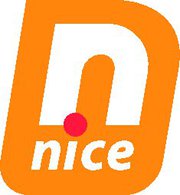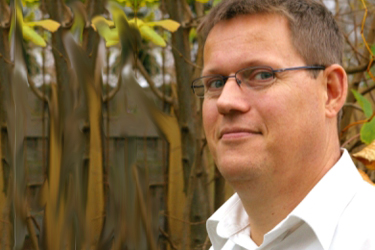T4C (Africa Edition!): Interview With Social Entrepreneur & Unreasonable Fellow, Ties Kroezen of NICE International
 The Singlebrook team met social entrepreneur and Unreasonable Fellow, Ties Kroezen of NICE International at the Singlebrook TechSpring winner’s announcement at the Unreasonable Institute. We thought his story would make an excellent example of Technology for Change!
The Singlebrook team met social entrepreneur and Unreasonable Fellow, Ties Kroezen of NICE International at the Singlebrook TechSpring winner’s announcement at the Unreasonable Institute. We thought his story would make an excellent example of Technology for Change!
NICE International is a social venture that created the concept and franchise-model for NICE solar-powered Information and Communication Technology (ICT) centers. NICE brings Internet access and IT training courses to the The Gambia in West-Africa. Their profitable business model is allowing NICE International to expand to up to 50 new NICE centers over the next four years, including expansion to Tanzania and Zambia.
We recently interviewed Ties Kroezen using Skype to connect with him at NICE International headquarters in The Netherlands.



